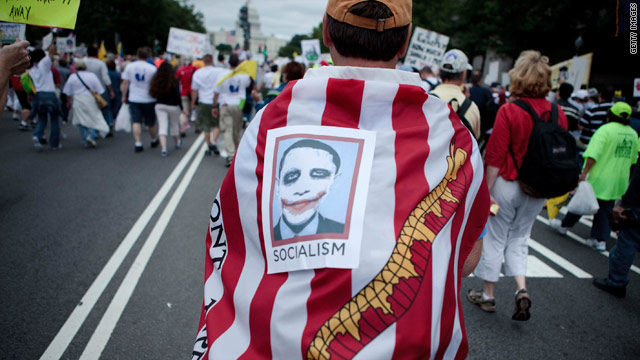In his appraisal of the "winners and losers" of the U. S. government shut down and fiscal cliff crisis that was resolved last night, political columnist Chris Cillizza lists "our system of government" as one of the losers. He writes, "Does anyone think this is how our government should work? Does anyone think we won’t be right back in this mess early next year? The government has proven over and over in the last few years that it is simply incapable of doing big things or, if we are being honest, even medium things. Ugh." Given all that happened, most of us sympathize with Cillizza's observations. No, this is not how the government should work. Yes, come January and February we will be right back in it again. No, the federal government doesn't seem to be getting much accomplished to the detriment of the whole nation.
And, yet, Cillizza is only partially correct. One of the most important aspects of a functioning democracy is that it manages conflict between contending political agendas and ideologies. We are in a unique and dangerous time in American history. In a nation where racism remains a potent reality, we have elected an African American president. In a nation whose roots are culturally northern European and white, we are becoming an ever-increasingly brown nation in which Spanish cultures are rising stars and Asian cultures not far behind. This is a massive change, and it is creating massive amounts of anxiety and anger. The tea party is a product of the change and it is fueled by the anxiety and anger, which is both its power and its downfall all at the same time.
The tea party threatens to be a revolutionary movement. We need to be clear on this score. The behavior of its representatives in Congress demonstrates that this movement is tired of "politics as usual," fearful of the federal government, and very angry. It has the makings of a revolutionary movement. The tea party representatives in Congress deliberately set out to shut down the government, and they apparently never did believe that the threatened default is a big deal. The tea party is a powerful voice for significant change. It is, however, also a minority voice no matter how loud or strong, and the large majority of Americans do not want the changes it is proposing.
In a single-party government, the government would necessarily have to suppress the tea party—jail some of its leaders, intimidate the others, and deny the movement a voice. Short-term that would be a relief, and long-term it would be a disaster. The rest of us have to let the tea party have its voice, and we have to suffer through its machinations. We have to give it its due in a democratic society. We have to. Not to do so would be still more dangerous to us all.
OK, it was sloppy and scary, but what just happened in Washington is that our democratic institutions showed again that they can subvert a potentially violent revolutionary movement by including it in the process. The process is reducing the power of the tea party not by suppressing it but by forcing it to play politics as usual and in the process exposing itself to the public for what it is. It is just for times such as these that we have what remains a functioning democracy. It is sloppy and scary. It also works, at least so far. It is exactly what we keep saying it is: the worst form of government ever devised by the human race—except for all of the rest.
